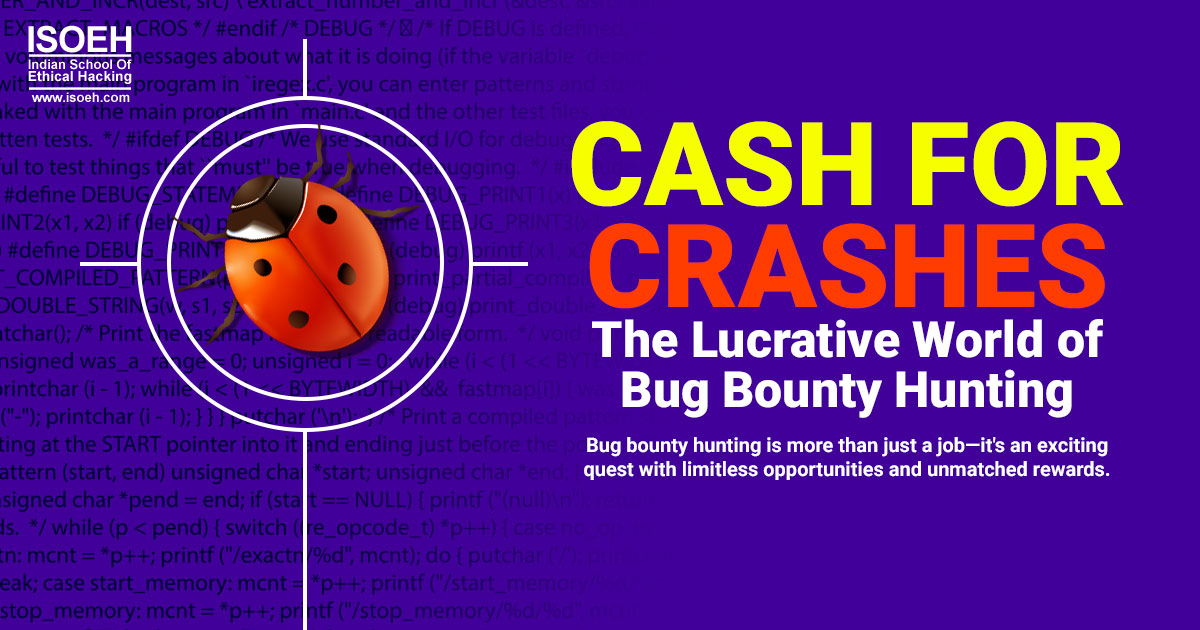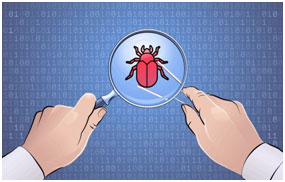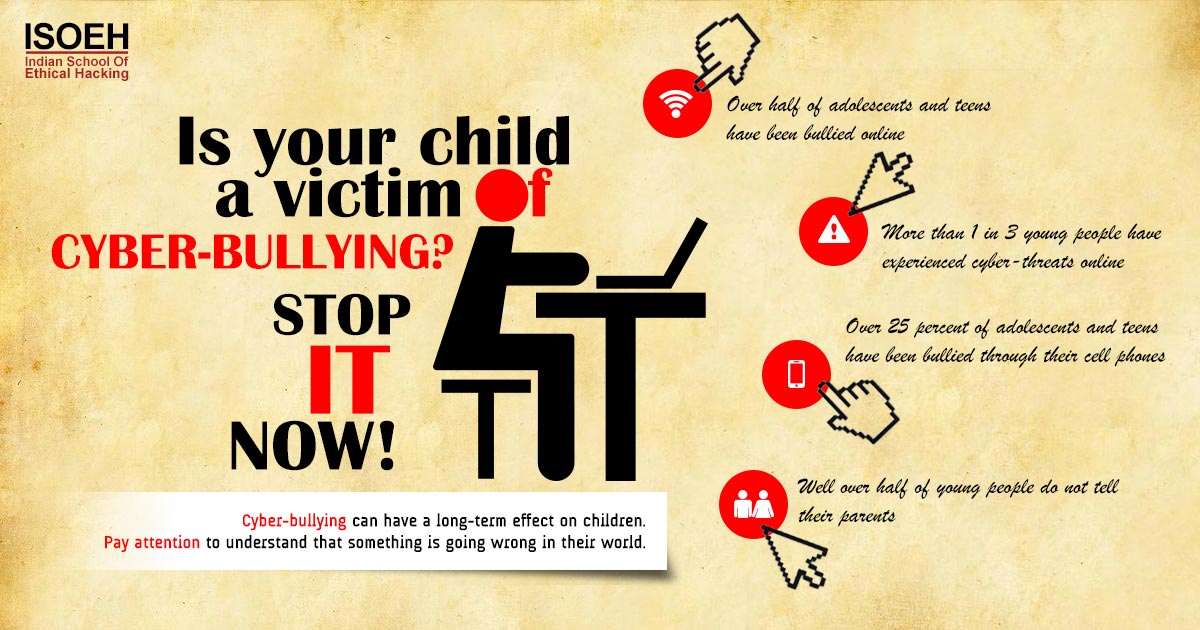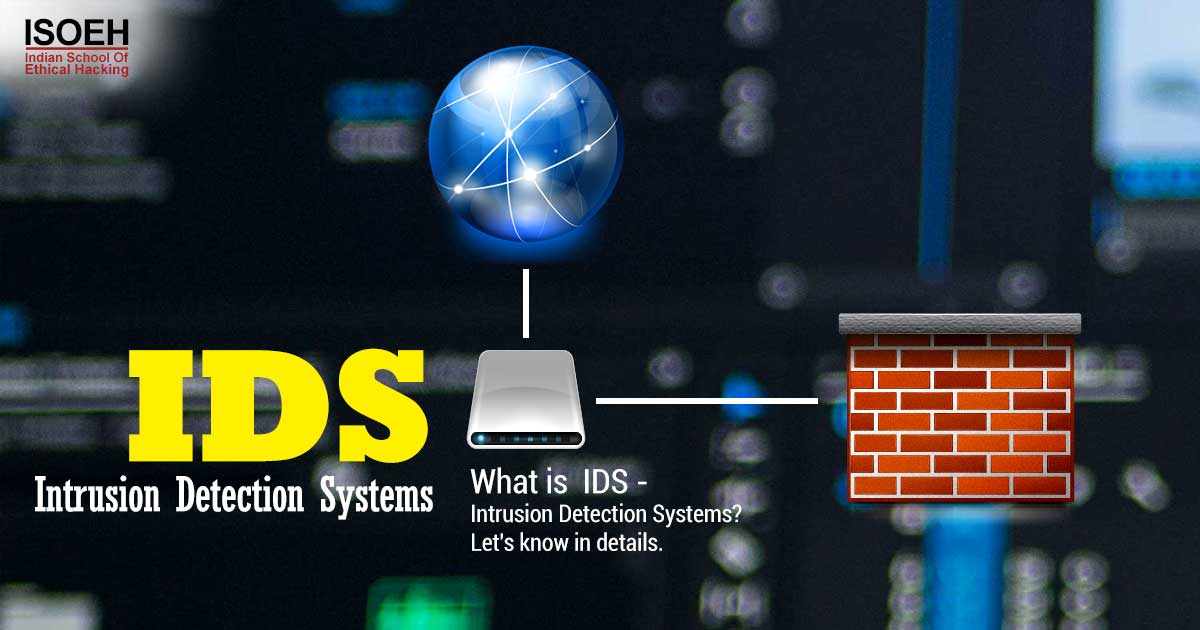
Contents
Discover, Dominate, and Deliver! As a bug hunter, the best way to practice is, by building things by writing codes and then going back to crack it. In the previous blog, we discussed usual vulnerabilities, bug identification and exploitation. Today, I shall talk about how you can be a successful Bug Bounty Hunter. Allowing you to embark on a thrilling journey through the world of cybersecurity, where every vulnerability uncovered is a victory. Hone your skills, and forge a path to success in the ever-evolving landscape of online security. Are you ready to open up your inner bug bounty hunter and make the internet a safer place for all?
What is Bug Bounty Hunting?
 Remember, every action counts! Uncover the vulnerabilities and rewrite the rules of Cyber-Security. Become the Digital Guardian now.
Remember, every action counts! Uncover the vulnerabilities and rewrite the rules of Cyber-Security. Become the Digital Guardian now.
In the practice of bug bounty hunting, those who identify as ethical hackers or bug bounty hunters look to find security flaws in computer systems, software, websites, or networks.
These defects could be anything from code faults to configuration problems to design flaws that might be used maliciously by attackers. Usually created by businesses, such as tech firms, governmental bodies, or even individual website owners. Bug bounty hunters are invited to identify and report vulnerabilities in their systems.
Diverse methods and strategies are used by bug bounty hunters to find vulnerabilities. They conduct security testing, examine the target system or application, and try to exploit vulnerabilities without causing any harm. When they find a vulnerability, they notify the company's security team, providing thorough information about the problem and frequently even proof-of-concept examples.
The use of bug bounty programmes as a supplement to internal security testing by organisations has grown in recent years. Organisations may find and patch security flaws before hostile hackers can exploit them by utilising the knowledge and varied skill sets of bug bounty hunters from around the world.
- Bug bounty hunting provides several benefits.
- It helps organizations identify and mitigate potential security risks.
- Enhances their overall security posture.
- Fosters a positive relationship with the security community.
Great Insights from The Chapter of Successful Bug Bounty Hunter – An Inspiration for You
 Xverse Wallet - Critical Update – A critical issue bug in Xverse Wallet has resulted in the storage of unencrypted wallet seed phrases on your device. To secure your assets, please update your wallet without delay. Additionally, clear any cached data in Chrome's local storage for enhanced security.
Xverse Wallet - Critical Update – A critical issue bug in Xverse Wallet has resulted in the storage of unencrypted wallet seed phrases on your device. To secure your assets, please update your wallet without delay. Additionally, clear any cached data in Chrome's local storage for enhanced security.- Mozilla Alert - Phishing Attacks (Click-Jacking) and memory malfunctions.
- CVE-2023-25157 is a critical SQL injection vulnerability discovered in GeoServer, an open-source software server for sharing and editing geospatial data.
- CVE-2023-3079 is a type of confusion vulnerability discovered in the V8 JavaScript engine used in Google Chrome versions before 114.0.5735.110. This vulnerability has the potential to allow a remote attacker to exploit heap corruption by utilizing a crafted HTML page.
(Collected)
How to Get Ready to Start This Offensive Approach to Hunt Bugs?
 If you are one of the Bug Hunting Aspires and are in the stage of beginning, then you must know that Bug bounty hunting requires dedication, persistence, and a continuous learning mindset. Building a strong reputation takes time, so be patient and keep refining your skills.
If you are one of the Bug Hunting Aspires and are in the stage of beginning, then you must know that Bug bounty hunting requires dedication, persistence, and a continuous learning mindset. Building a strong reputation takes time, so be patient and keep refining your skills.
Learn the Basics:
- Familiarize yourself with computer networks, web technologies, and common vulnerabilities such as Cross-Site Scripting (XSS), SQL injection, and Cross-Site Request Forgery (CSRF).
- Understand how web applications work, including the client-server model, HTTP requests, and response flows.
- Gain knowledge of programming languages like HTML, CSS, JavaScript, and server-side languages like PHP, Python, or Ruby.
Networking and Security Fundamentals:
- Learn about networking protocols, TCP/IP, DNS, HTTP, and SSL/TLS.
- Understand common security principles, such as authentication, authorization, and encryption.
- Study common security threats, including malware, phishing, and social engineering attacks.
Web Application Security:
- Dive deeper into web application security by studying the Open Web Application Security Project (OWASP) Top 10 vulnerabilities.
- Learn about secure coding practices, input validation, output encoding, and secure session management.
- Explore tools like Burp Suite, OWASP ZAP, or similar proxies for intercepting and analyzing web traffic.
Bug Bounty Platforms:
- Sign up for bug bounty platforms like HackerOne, Bugcrowd, or Synack.
- Familiarize yourself with the platform's rules, scopes, and vulnerability submission guidelines.
- Start with programs offering lower severity vulnerabilities to gain experience and build your reputation.
Vulnerability Research:
- Stay updated with the latest security news, vulnerabilities, and exploitation techniques.
- Follow security blogs, forums, and mailing lists to learn from the experiences of other researchers.
- Conduct independent vulnerability research on popular web applications and frameworks.
Hands-On Practice:
- Set up a personal lab environment to practice testing and exploiting vulnerabilities safely.
- Build a testbed with intentionally vulnerable applications like OWASP Juice Shop or WebGoat.
- Engage in Capture The Flag (CTF) competitions to enhance your skills and problem-solving abilities.
Deepen Technical Skills:
- Learn advanced topics like cryptography, reverse engineering, and binary exploitation.
- Explore mobile application security, IoT security, and cloud security based on your interests.
- Familiarize yourself with relevant tools and frameworks specific to these domains.
Write Reports:
- Develop strong report writing skills to communicate vulnerabilities to program owners.
- Include detailed steps to reproduce the vulnerabilities and suggest mitigations.
- Strive for clear, concise, and well-organized reports to increase your chances of recognition and rewards.
Community Engagement:
- Join bug bounty forums, communities, and social media groups to connect with fellow researchers.
- Share your findings, ask questions, and participate in discussions to expand your knowledge.
- Attend security conferences, meetups, or local events to network with professionals in the field.
Continuous Learning:
- Bug bounty hunting is a constantly evolving field, so stay updated on emerging trends and techniques.
- Explore additional certifications such as Certified Ethical Hacker (CEH) or Offensive Security Certified Professional (OSCP).
- Engage in ongoing learning through online courses, workshops, and training programs.
Good luck on your bug-hunting journey!
Conclusion
Bug bounty hunting is more than just a job—it's an exciting quest with limitless opportunities and unmatched rewards. Bug bounty hunting is a vibrant industry full of chances since the necessity for skilled cybersecurity workers isn't going away as the digital landscape changes. Your trip is waiting, and your hacking abilities could one day become superpowers.
Are you prepared to follow this unique path?
Similar Tutorial:
Want to become a successful bug bounty hunter? Follow the steps!
Hacking Tools
Explore All Hacking Tools »
UFTP is an encrypted multicast file transfer program for secure, reliable & efficient transfer of files. It also helps in data distribution over a satellite link.
Read DetailsBreaking News
Breaking News Of Each Month »
The recent pandemic was unexpected and unknown to most part of the world. It has changed our life and we are slowly adapting to our new lifestyle. The risks associated with the new lifestyle, both personal & corporate, are unknown to most of us.
Read Details




















